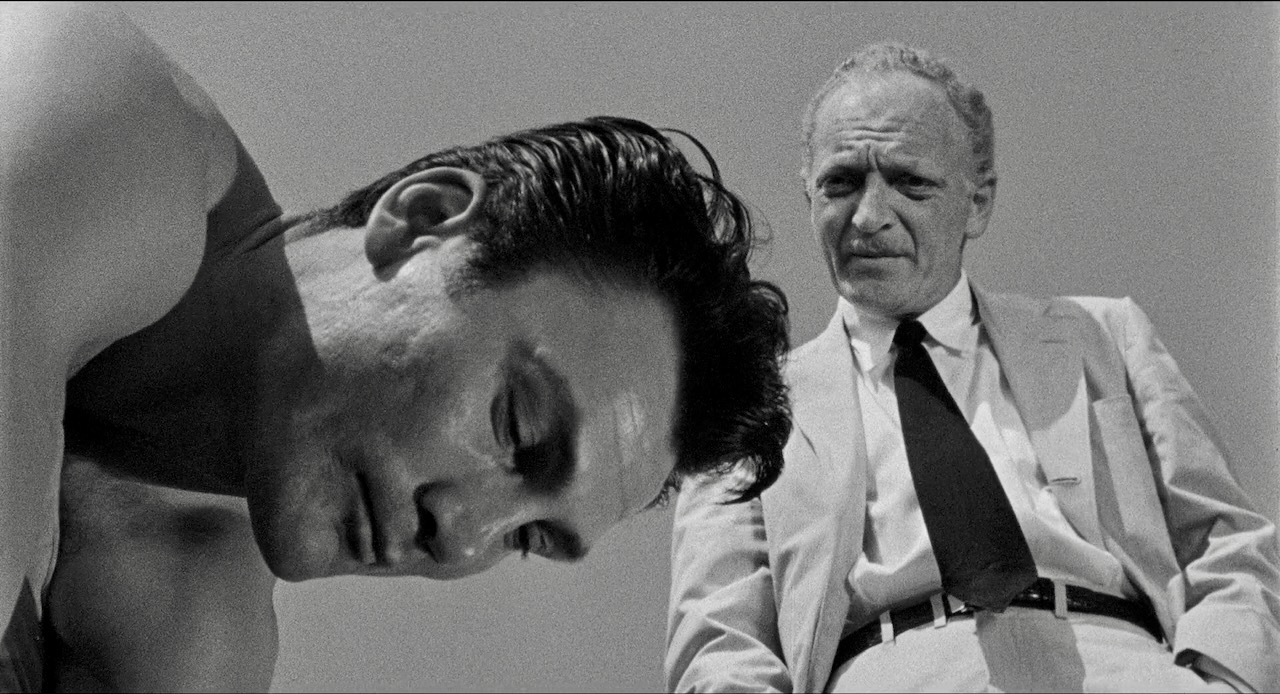Dour noirish plotty Hollywood blackmail thing, mostly valuable for getting to watch Ida Lupino’s eyes for half the movie. She’s the estranged wife of Jack Palance, back at their fancy house to try convincing him to reclaim his art and not sign a lucrative long-term contract with a crap producer. Various friends and gangsters and agents get themselves involved, but Palance signs to make the bad guys go away, then goes upstairs and kills himself. Just six months after Kiss Me Deadly, with fancier lighting – not the kind of drama I go for, but very nicely shot and acted.
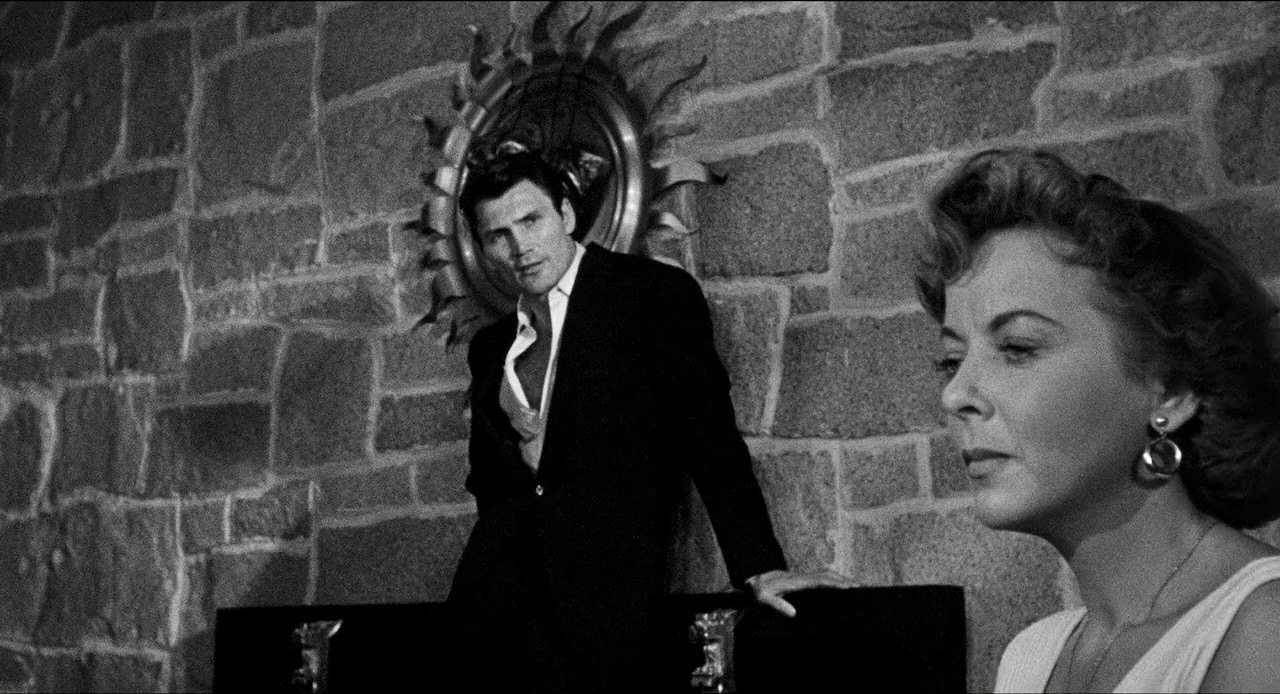
Rod “Run of the Arrow” Steiger as the producer, getting overexcited:
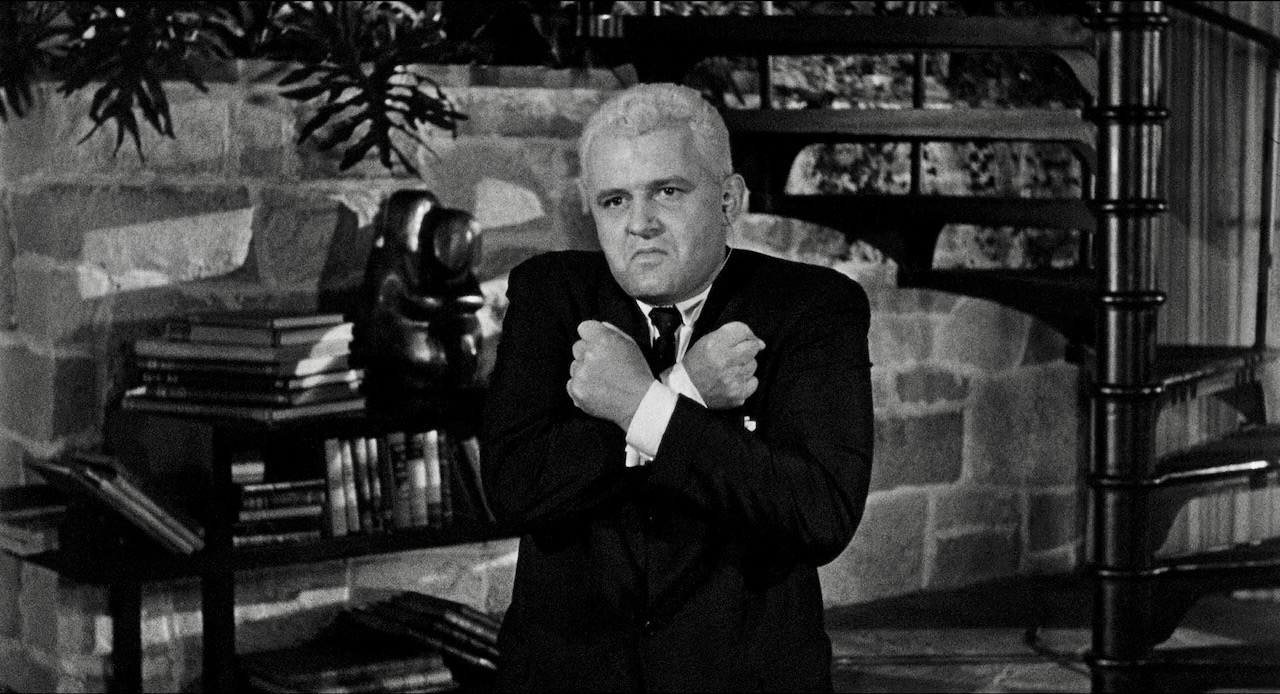
Singin’ in the Rain lipsyncer Lina Lamont knows everyone’s secrets:
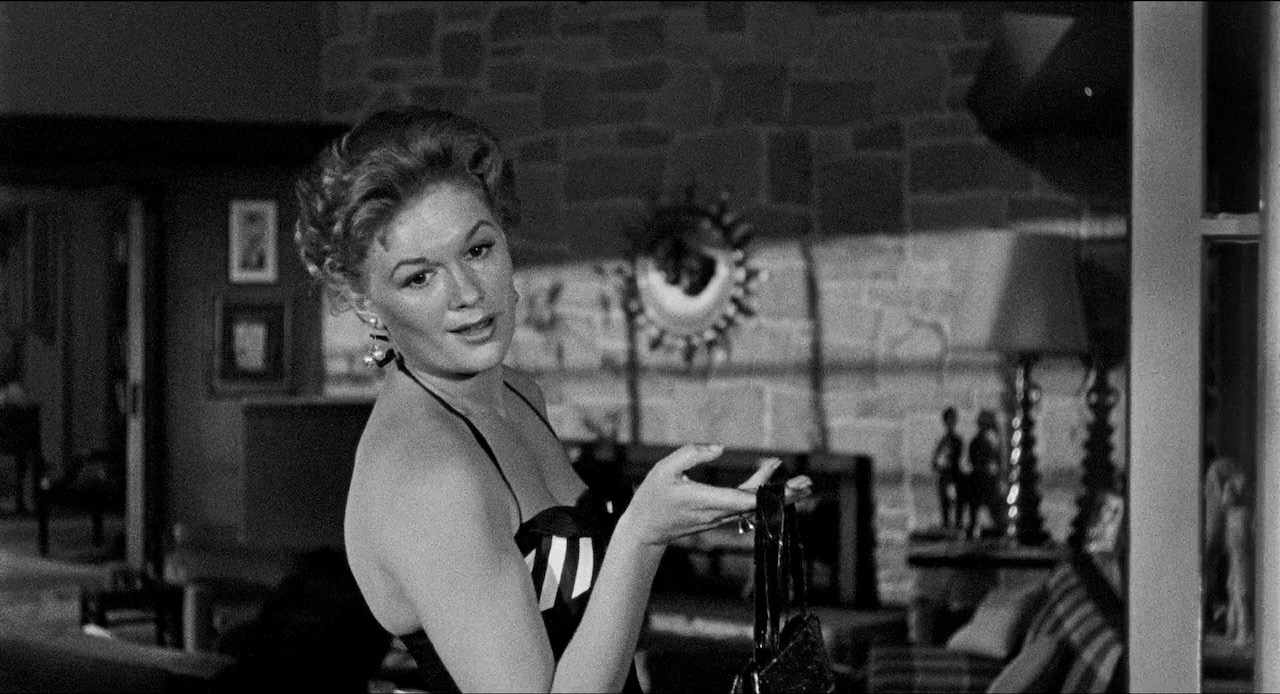
Shelley Winters (shortnin’ bread in The Visitor) knows too much:
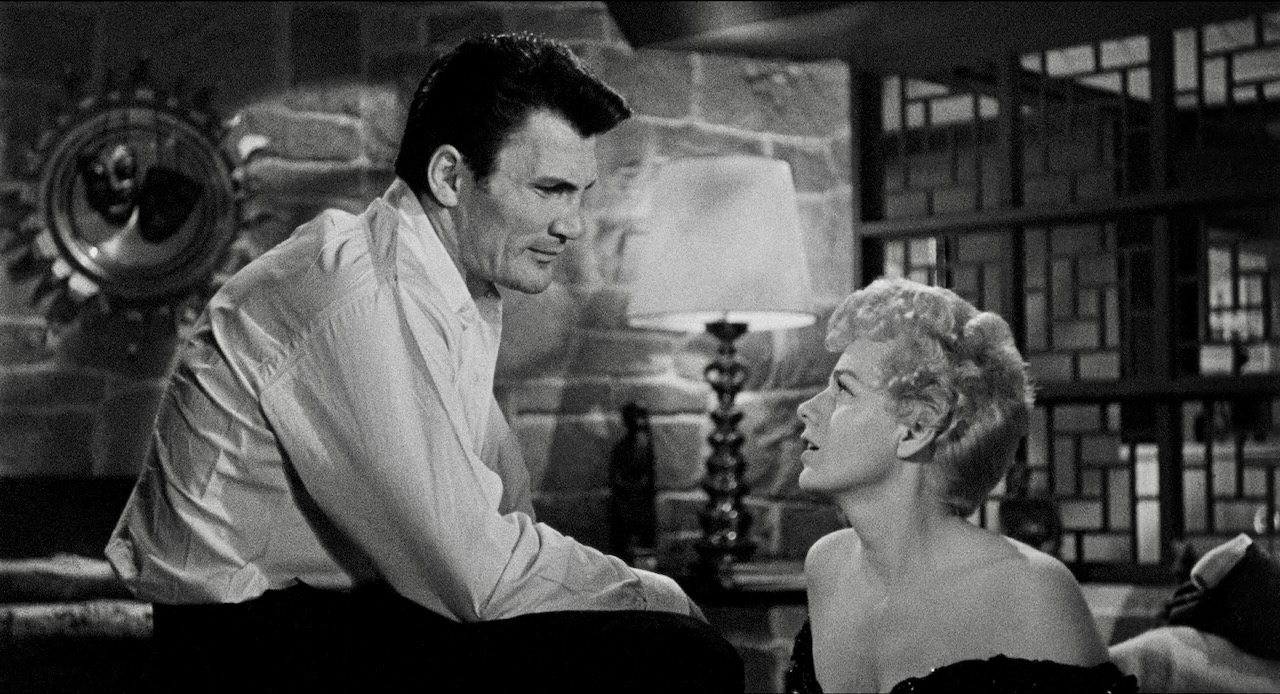
Welles fave Everett Sloane as the agent, with a naked Palance:
